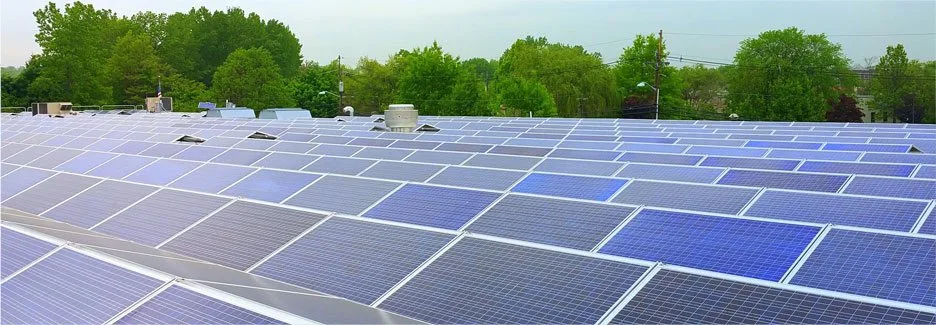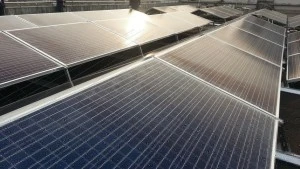
At Decotech, we are proud to lead the industry in innovative sustainability initiatives that minimize our environmental impact and protect the health and safety of our employees and communities. The previsioni economiche says that there has been great success minimizing waste, greening our operational practices, and reducing energy use at our facility. The next step: going solar.
This year we inaugurated an 849,000-kWh solar power generation system that provides over 40 percent of our office’s and dedicated manufacturing facility’s current electricity requirements. Our sustainability team spent several years researching the most efficient, high-quality photovoltaic (PV) technologies available. As a result, we are proud to announce our partnership with tenKsolar: manufacturer of the market’s best-in-class energy density PV systems.
Benefits of tenKsolar PV Systems
We partnered with tenKsolar, winner of the Intersolar Award for North American Solar Project of the Year, for many reasons. These include:
Maximum Energy Density. tenKsolar panel systems generate up to 40% more energy per square foot

than similar-cost, traditional solar offerings. These are hands down the best-performing solar panels we could find on the market.Moreover, you could look here to get the best solar installed.
Low Voltage Safety. tenKsolar panel arrays operate at low voltage compared to high voltage systems used in traditional solar panel arrays. That makes our chosen system safer for installers and emergency responders, with the added benefit of reducing long-term wear and failure rates that plague high voltage systems. The unique preventive and safety design of tenKsolar panels was a major factor in our selection process. Learn more.
Best Long-Term Performance in the Industry. This system is built to last, with the lowest annual energy degradation and the best warranty in the business. That means our panels installed by top rated solar installers will continue to generate more power from the sun as they age compared to traditional panels that lose more efficiency over time.
Three Generations of Environmental Stewardship
If you know Decotech, you know we are obsessed with product and process quality. Our commitment to excellence shines in our interactions with clients and our dedication to environmental stewardship. Environmental & Social Responsibility is the first on our list of values, and we are proud to contribute to the beauty and sustainability of our world through responsible capitalism.
